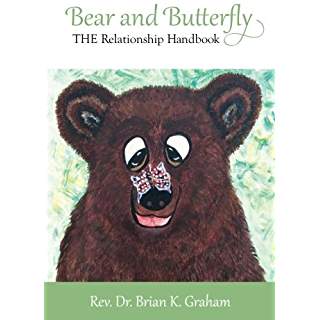Throughout our lives we have been subjected to the innocent remark. These are words that are meant to be funny, or helpful, but actually hurt us deeply. Benign phrases such as “Wow, what happened to you?” leave us searching for what might be wrong with us. “I can’t sing either,” is a backhanded put-down. “Put on a few pounds, didn’t you,” can be devastating to our self image even when true.
Innocent remarks can stifle our creative expression. They can give us an excuse to simply quit trying. When we are sitting at a piano plunking out a tune and someone says “I can’t play the piano either.” Do you think you will ever sit down and try to play the piano again? Probably not.
Innocent things we say.
You are a teacher, no matter how the term teacher is defined. Children look up to us. They have the mistaken idea that big people know everything. They have no idea that when we say “You are so stupid,” we are really defining our own fears. They take it to heart and begin to believe they are stupid. I might say to you, “You could work out more.” Perhaps I think I am encouraging you to work out more, but that is not what you hear. What you hear is “Holy Moly you’re fat.” An innocent remark gone astray.
What our mothers taught us.
“If you don’t have anything nice to say, don’t say anything.” Did you ever hear that advice? I know I did. Remember, we are discussing the innocent remark here, not a remark that is intended to hurt. Those are easier to filter before they leave our lips. Still, the same test applies. Filtering our words simply means to be very clear about what we want to convey before we engage our mouth.
Learning to listen.
My book, Bear and Butterfly has the subtitle THE Relationship Handbook. Perhaps a more apt subtitle would be The Art of Listening. Listen to others, listen to yourself. As the wise one said, “Lord, let my words today be kind and gentle, for tomorrow I might have to eat them.” Click on the cover below and read a sample of Bear and Butterfly and see what you can learn about the innocent remark.

